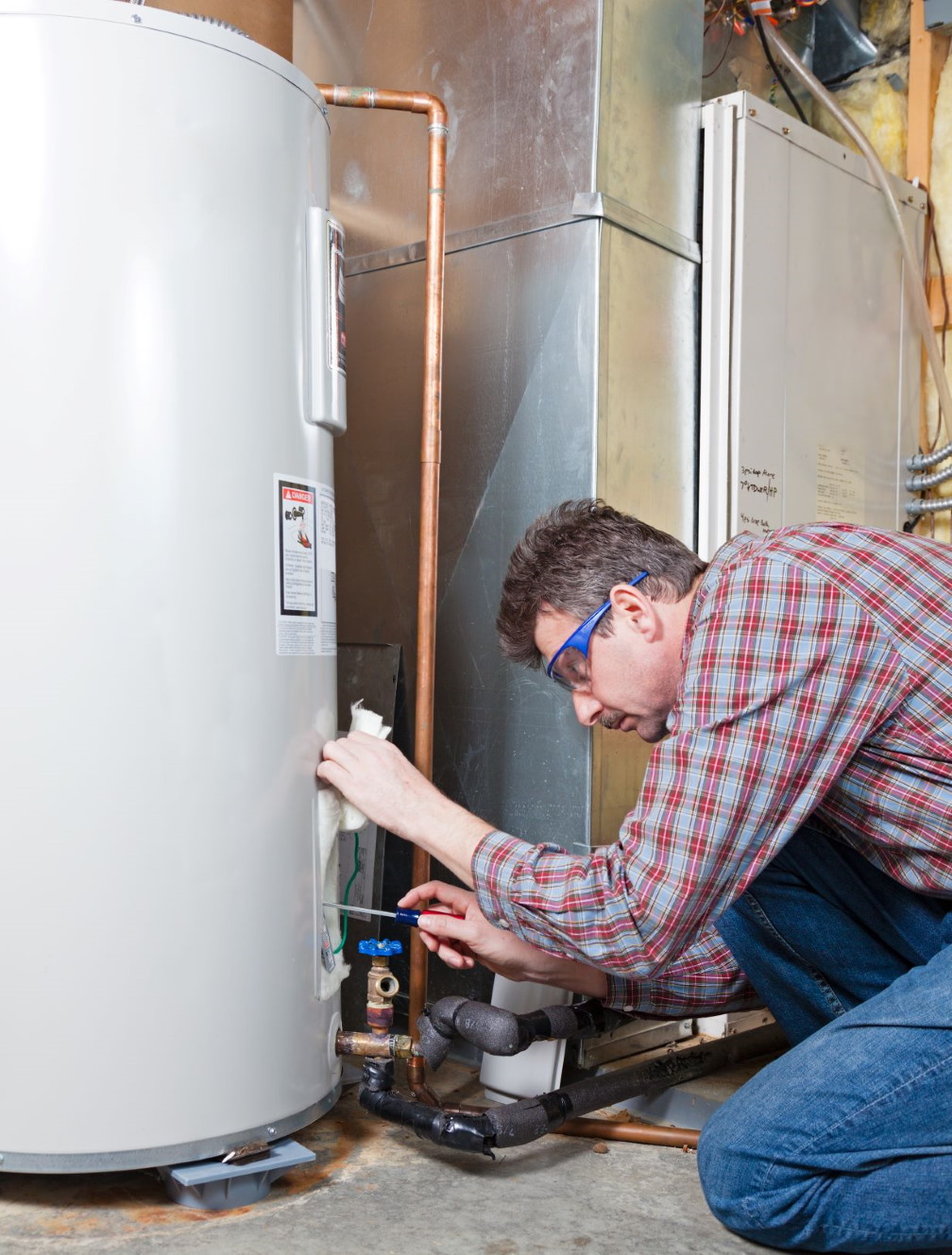7 Warning Signs You Need A Professional Plumber

For most homeowners, plumbing issues arise now and then. Some plumbing problems might require a professional to fix them properly. Although you can repair a minor issue, spotting some of the warning signs of a major plumbing problem can help save on costly repairs and time.
Here are some warning signs you need to call a professional plumber:
1. Pipe Blockage
Blockages might occur due to various reasons. Most homeowners will utilise a de-clogging device to track pipe blockage; it's only a short-term solution for a significant issue. In most instances, the blockage in the pipe can worsen, exacerbating the situation.
You should contact a plumber to inspect the pipes to determine the root cause of the blockage. The presence of food debris and grease blocks the lines and turns them into breeding grounds for insects, flies, and gnats. Although it can be tempting to pour chemicals down the drain, it can damage the pipes and result in an expensive repair job. If you’re someone living in Sydney, Australia, you can get in touch with plumber Eastern Suburbs and other available plumbing companies to learn more about your plumbing problem.
2. Lack Of Hot Water
If you don't have hot water when you need it the most, it’s possible your current water heater could not provide you with adequate supply. However, it's not the only possible cause to consider. In such cases, you need to call a professional to verify the problem.
A professional plumber will assess the water heater for any performance issues. Aside from identifying any problems, a plumber can advise if your heater's size is adequate for the needs of your household.
3. Decline In The Water Pressure
When the water pressure starts to fluctuate, it might be a sign you’re not getting enough water through the faucets, or they're continuously leaking. Problems with the water pressure will require a professional inspection since it's hard to pinpoint the cause. The issue might be due to sediment stuck in the aerator or something else.
Once the water pressure is fluctuating or too low, call a plumber immediately. A plumber has the right tools and expertise to read the water pressure and determine the root cause.
4. Sweating Water Heater
When moisture forms on or around the water heater, it indicates a slow yet steady leakage. Remember that your water heater shouldn't sweat. If you fail to deal with this issue, it can result in water damage. Additionally, the leaks can result in cracks, leading to detrimental damage to the casing of the water heater or its piping.
5. Running Toilet
If you have a running toilet, it can be challenging to spot since it doesn't produce much noise. Sadly, it can result in serious issues. When your toilet cistern is filling up with water constantly, your water bill might also skyrocket soon.
The usual culprit for a running toilet is a leak in the flapper. The flapper seals the toilet cistern from the bowl. Once there’s damage to the seal, the water will leak into the bowl continuously.
6. Leaking Or Burst Pipe
A considerable plumbing concern is a leaking or burst pipe. When a pipe bursts, it typically occurs during winter when poor insulation and freezing conditions cause the line to turn brittle. However, it also happens if the piping is old.
The presence of leaks in the pipes could go undetected. A key to remember is an increase in the water consumption in your utility bill. Once there's a suspicious rise in your utility bill, get in touch with a professional plumber to figure out the source of the leak. When you don't take action for these plumbing problems, it can result in severe water damage or mould formation, which requires expensive repairs. Piping requires proper and secure placement along with sealing and treatment to prevent problems in the future.
7. Backflow Emergency
Backflow occurs once the water reverses and moves back to the sinks and drains. It can damage the furnishings around your bathroom or kitchen, along with carpets, rugs, hardwood floors, and even furniture.
The worst part is, the water that enters the plumbing system returning into your home can bring along foul odour and potential health risks. Due to the high risk of pipe corrosion and leaks, it's best to call a plumber to tackle the job.
Conclusion
Plumbing problems occur at some point in life, but there are instances where you need help from a professional plumber. A professional has the skills, expertise, and the appropriate tools to carry out any plumbing job that you need. Once you spot any of these warning signs of a plumbing issue, it’s best to call a professional plumber right away.


